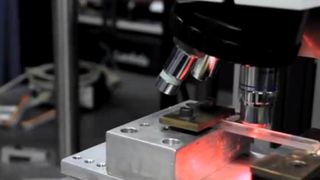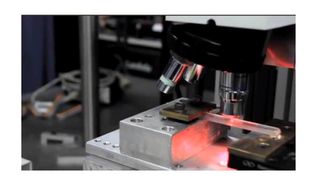GRANTS
EDUCATION & SKILLS

Postgraduate Scholarships Programme | Academic Year 2024-2025

“Latsis Foundation Study Abroad Scholarships” Programme | Academic Year 2023-2024
The American College of Greece

Secondary Education Scholarship Programme
Anatolia College

«STEAMing the Future» Programme | School Year 2024-2025
Anatolia College

“Skills Clubs | Youth Skills for the 21st Century” | School Year 2024-2025
British Council Greece

«Company Junior» and «V-Company» Programmes | School Year 2023-2024
Junior Achievement Greece

“Future Leaders Series” Programme | 2024
ALBA Graduate Business School

Educational Visits to the “Ocean Lab” Educational Space | School Year 2023-2024
Safe Water Sports

Support of Educational Programmes & Screenings
The Goulandris Museum of Natural History

“Eco-Schools” Programme
Hellenic Society for the Protection of Nature

“Tech Talent School for Educators” Programme | School Year 2023-2024
Social Impact and Innovation (Socialinnov) NPO

“Innovative Classrooms” Teachers Training Programme | School Year 2023-2024
“THE INVENTORS” ROBOTICS AND INNOVATION ACADEMY OF VARI – VOULA – VOULIAGMENI

Training Programme for Educators “Teaching for the Future” | 2024

Training Programme for Secondary Education Teachers | 2024
CERN & Society Foundation

“CONNECTIONS II” training programme for school psychologists and social workers

“Empowering Vocational Education Students” Programme | School Year 2023-2024
NPO The Tipping Point

“Skills4Jobs” Vocational Training and Employment Initiative
Hellenic Federation of Enterprises (SEV)

“Educational Routes” Vocational Training and Employability Programme
ODYSSEA

“The ReGeneration Initiative: AI 360º School” Programme
Regeneration

“Students of Natural Sciences: Pioneers in Artificial Intelligence” Programme
SC!FY - Science for You

“Work Ready” Professional Empowerment Programme

Musical Performances & Educational Activities | 2024
Greek Youth Symphony Orchestra


